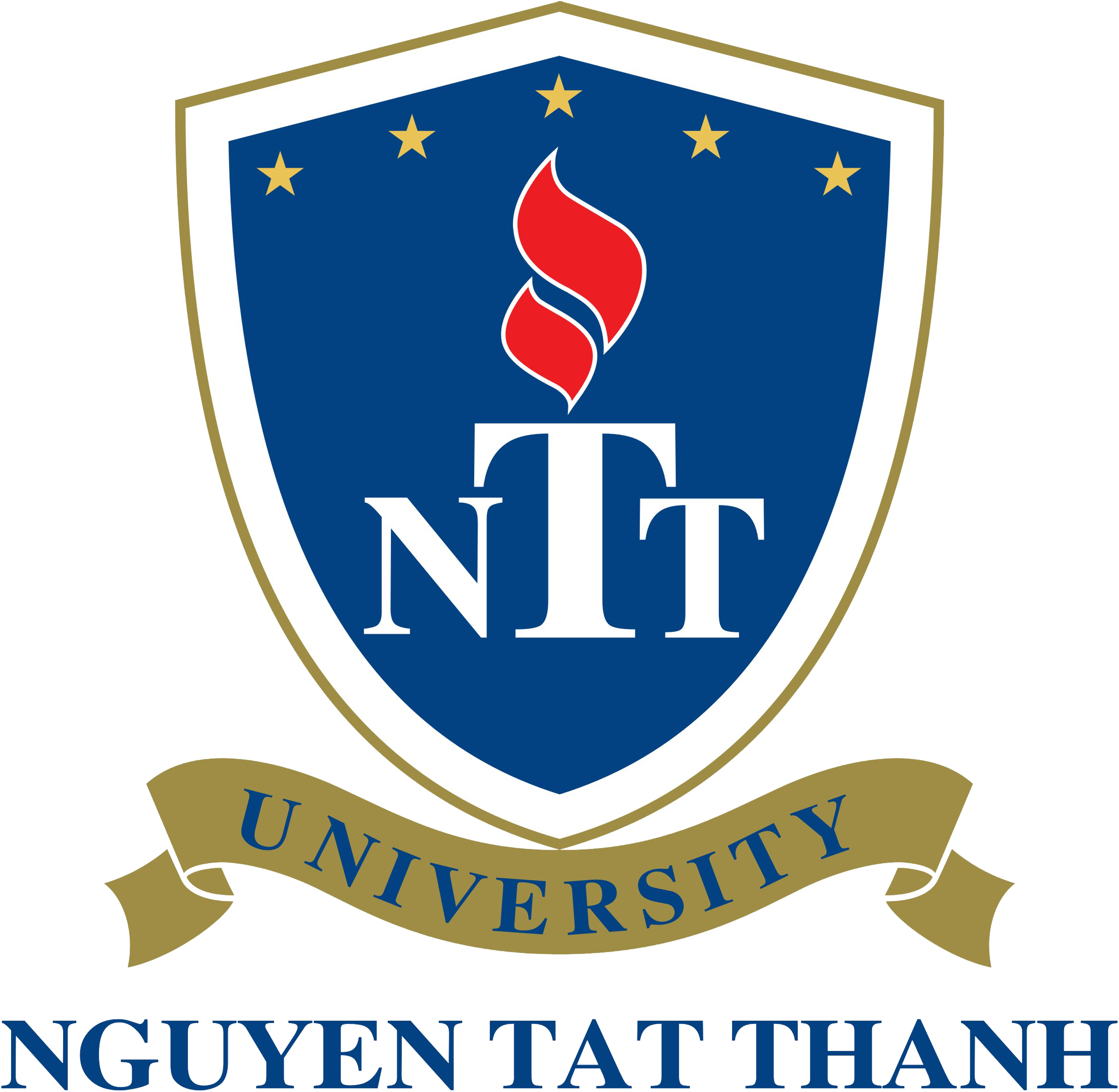Food Technology Program (Engineer, 4 years)
By 2030, the food technology industry will be the leading industry in terms of human resource demand in Vietnam in general and in Ho Chi Minh City and neighboring provinces in particular. The curriculum, which is designed based on the programs of prestigious universities worldwide, has also been developed in collaboration with top universities in France, Taiwan to ensure that learners are trained to international standards. Students at Nguyen Tat Thanh university are exposed to practical production lines for meat, fish, beverage, confectionery products, along with a system of laboratories for chemical analysis, physical chemistry, microbiology, and sensory evaluation. Students have the opportunity to participate in a variety of different activities in the food production firm, which helps them develop their job skills.
Field of study: Food Technology
Degree: The Degree of Engineer in Food Technology
Course ID: 7540101
Mode of study: Full-time
Number of credits: 151 credits
Duration: 4 years
Institute of degree granting: Nguyen Tat Thanh University
Institute of teaching: Faculty of Environmental and Food Engineering, Floor 1, 331 National Route 1A, An Phu Dong Ward, District 12, Ho Chi Minh City
National and international accreditations:
- Three-star certification issued by QS World University Ranking in 2016.
- Four-star certification issued by QS World University Ranking in 2019.
- Accreditation pass at the educational institution level according to the Standards of the Ministry of Education and Training granted on May 3, 2017 by the Center for Education Accreditation – Vietnam National University, Ho Chi Minh City (VNU – HCM CEA).
Program educational objectives:
A few years after graduation, graduates can:
- Establish, consult, invest, and manage production and business establishments, centers for analysis and management of food quality management in a professional and ethical manner.
- Discover and solve new practical problems, contributing to the advancements of the food technology industry.
- Conduct lifelong learning, improve qualifications and developing a career to become a leader, manager, expert; perform social responsibility and contribute to global sustainable development.
Expected learning outcomes:
Engineering graduates in Food Technology have:
Knowledge:
- Apply knowledge of mathematics, statistics, the natural sciences, technology, culture, politics, and law, and an understanding of contemporary issues in industry practice
- Apply food technology’s technical knowledge and principles to solve complex technical problems of food processing, production and quality assurance systems, meeting applicable laws and regulations, limiting incidents and improve food quality.
- Develop food technology solutions and processes that meet specific needs, with consideration of public health, safety and welfare factors, as well as global, cultural, social, environmental, and economic factors.
Skills:
- Apply critical thinking and creativity in problem solving.
- Communicate effectively in a variety of contexts
- Work effectively with cross-functional teams in leadership or membership roles.
- Perform studies and scientific research on complex issues of the food industry.
- Use efficient data sources, tools and modern technologies for the activities of the food industry.
Attitude:
- Comply with laws and regulations, demonstrating an understanding of ethical standards and social responsibility.
- Be ready for lifelong learning to advance one’s career in a rapidly changing technology landscape.
Competency of program graduates:
Engineering graduates in Food Technology have the ability to:
- Food product development
- Food quality control and assurance
- Food analysis
- Equipment operation
- Connecting people to people
- Personal competences
- Qualities and attitudes



